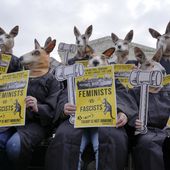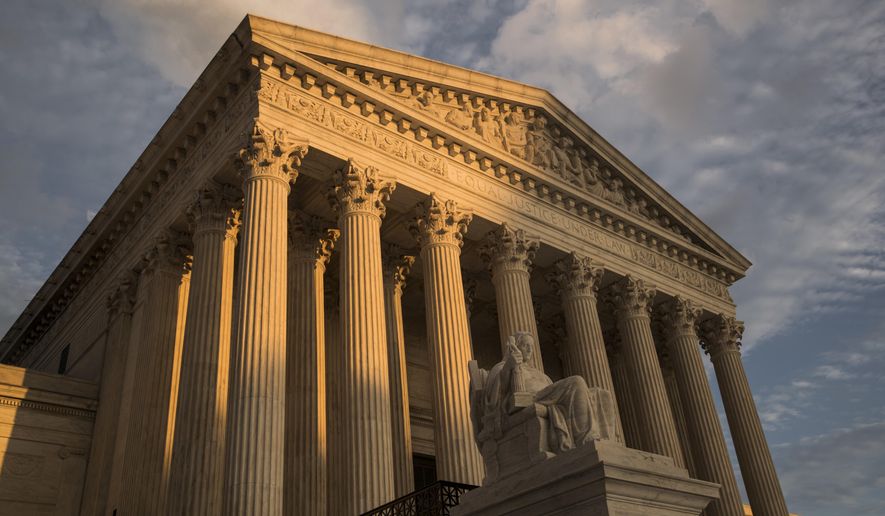The Supreme Court announced Monday it would not hear cases challenging a Mississippi law that allows religious organizations to refuse to hire persons or provide services in situations that run afoul of their sincerely held religious beliefs.
Gay-rights groups had challenged Mississippi’s 2016 law, HB 1523, which was aimed at affirming rights of those who believe marriage is between a man and a woman, an individual’s gender is determined at birth and sexual relations are reserved for married couples.
The law prevents the state of Mississippi from pursuing discrimination complaints against organizations or people that make decisions based on moral and religious beliefs about sexuality. Among the decisions covered are hiring, adoption or foster care, provision of gender reassignment health care, and providing personal services such as baking or photography.
Masen Davis, CEO of the LGBTQ advocacy organization Freedom for All Americans, said the decision by the high court not to review the cases is a “missed opportunity to swiftly strike down the nation’s most extreme anti-LGBTQ law.”
“The Court’s inaction today means that LGBTQ Mississipians will continue to face harassment and discrimination. HB 1523 fails to honor the tradition of religious freedom in America — instead, it allows people to use religion as a license to discriminate,” Mr. Davis said.
A lower court issued an injunction against the law from going into effect, but the 5th U.S. Circuit Court of Appeals had reversed the order.
The law went into effect in October.
The Supreme Court has already heard oral argument this term on a case involving a Colorado baker who refused to make a cake for a same-sex wedding celebration, arguing it violated his devout Christian beliefs and that forcing him to bake would violate his First Amendment speech rights.
A decision on that case is expected by early summer.
Robert Tuttle, a law professor at George Washington University, said the cases are different. He said the Colorado case looks at whether “courts under-protected religiously motivated conduct,” while the Mississippi cases questioned whether the law went too far and “over-protected” religiously motivated behavior.
“The two cases are pretty far apart,” said Mr. Tuttle, who filed a friend-of-the-court brief in the Mississippi case on the side of the gay-rights advocates.
• Alex Swoyer can be reached at aswoyer@washingtontimes.com.




Please read our comment policy before commenting.